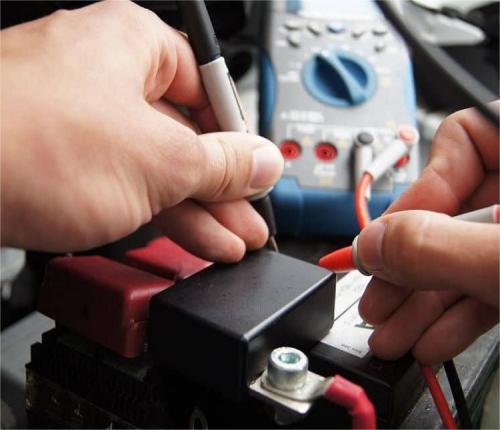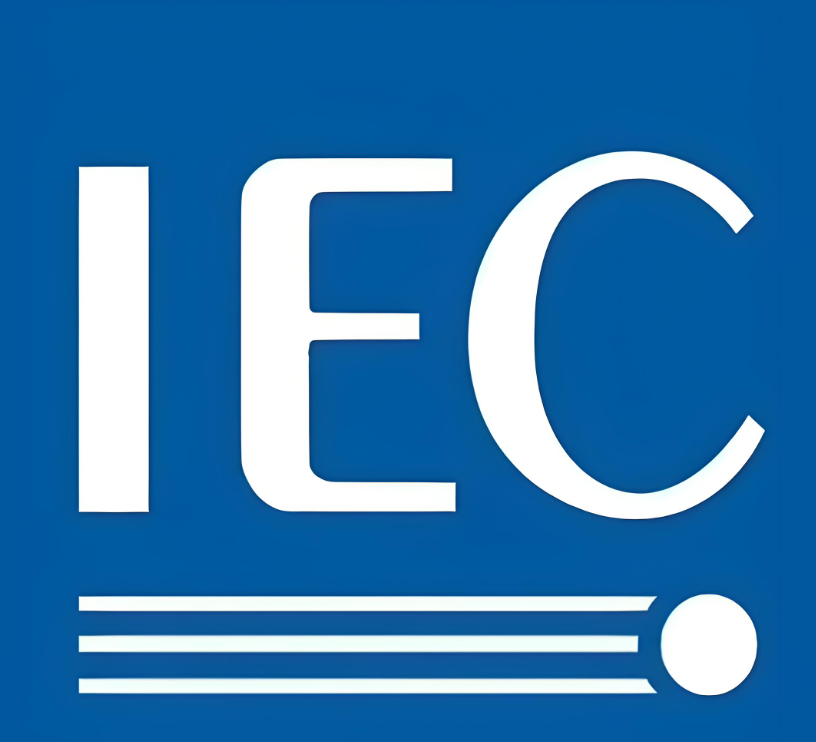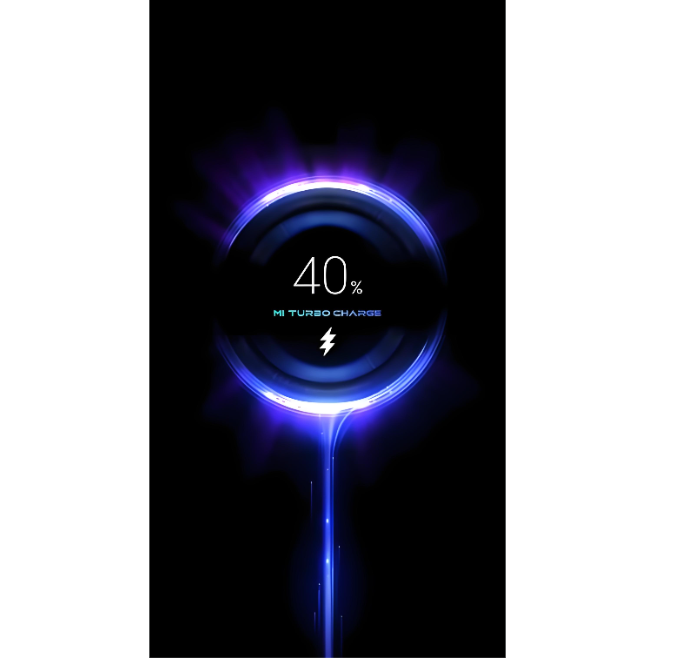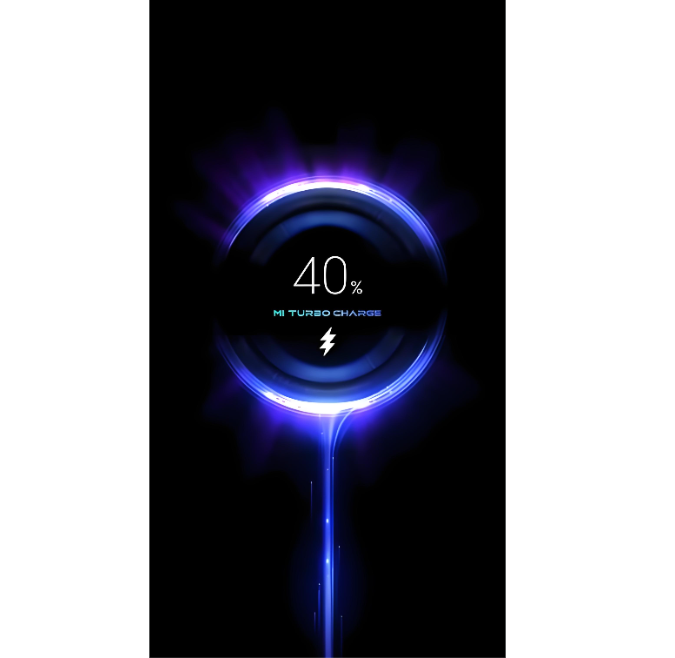Lithium-Ion Battery Care Guide
With the rapid development of the global electric vehicle market and energy storage market, the lithium battery recycling industry has also ushered in unprecedented growth opportunities. In order to cope with the surge in demand for battery recycling in the future, major battery manufacturers and environmental protection companies around the world are accelerating the construction of lithium battery recycling plants to ensure sustainable use of resources and reduce environmental impact.
In recent years, with the popularity of electric vehicles, the demand for lithium batteries has increased. However, after the end of the battery life cycle, how to properly recycle and reuse these materials has become a severe challenge facing the world. The shortage of key raw materials such as lithium, cobalt, and nickel, as well as the hidden dangers of environmental pollution, have prompted governments, companies, and environmental protection organizations to jointly strengthen the construction of lithium battery recycling systems.
The construction of recycling plants is booming
According to the latest industry reports, many regions around the world are accelerating the construction of lithium battery recycling plants. Major markets such as the United States, Europe, China, and Japan have invested heavily in the construction of related facilities. For example, well-known battery manufacturers such as Tesla, BYD, and Panasonic are working with local governments to promote the construction of lithium battery recycling plants, which not only provides guarantees for their own battery recycling, but also promotes the sustainable development of the entire industry chain.
As the world's largest electric vehicle market, China has established lithium battery recycling centers in many provinces and cities, and plans to build more than 50 large-scale recycling plants in the next five years. These plants will process waste batteries on a large scale, extract precious metals from them, and reprocess them to ensure the reuse and recycling of resources.
Technological innovation drives recycling efficiency improvement
Lithium battery recycling is not only an environmental issue, but also the key to resource efficiency and economic benefits. In order to improve recycling efficiency, major companies are actively developing new recycling technologies and processes. For example, advanced "green recycling technology" can efficiently separate various metal materials in batteries and avoid environmental pollution during traditional recycling processes. Some companies have successfully increased the recycling rate to more than 90%. The application of this technology will greatly reduce the cost of raw material procurement and make the treatment of waste batteries safer and more environmentally friendly.
In addition, digital management and intelligent control have also been widely used in recycling plants. Through the Internet of Things (IoT) and big data analysis, companies can monitor the recycling process in real time and optimize resource allocation, thereby improving the efficiency and transparency of the entire recycling chain.
Policy support and industry cooperation
Governments of various countries are constantly increasing their support for the lithium battery recycling industry. The European Union and the United States have introduced a series of policies requiring electric vehicle manufacturers and battery manufacturers to assume corresponding recycling responsibilities at the end of the product life cycle. In addition, China is also actively promoting the introduction of the lithium battery recycling bill, striving to promote the development of the recycling industry through policy guidance and financial subsidies.
At the same time, cooperation between enterprises is also accelerating. For example, several battery manufacturers and automobile manufacturers have jointly launched a "closed-loop recycling plan" to further strengthen resource recycling and reduce dependence on external raw material supply by recycling their own batteries.
Future Outlook: The lithium battery recycling market has broad prospects
With the rapid development of the electric vehicle industry, the demand for lithium batteries is expected to continue to grow in the next decade, which will also drive the continuous expansion of the lithium battery recycling market. According to industry forecasts, by 2030, the global lithium battery recycling market will reach tens of billions of dollars. At the same time, with the continuous advancement of recycling technology, the efficiency and economy of lithium battery recycling will be further improved, contributing to the goal of sustainable development.
Overall, the construction of lithium battery recycling plants around the world is accelerating, and the recycling industry will become an important part of the future green economy. Through technological innovation, policy support and industry cooperation, lithium battery recycling will not only help solve the problem of resource shortage, but will also promote global energy transformation and environmental protection to a higher level.







